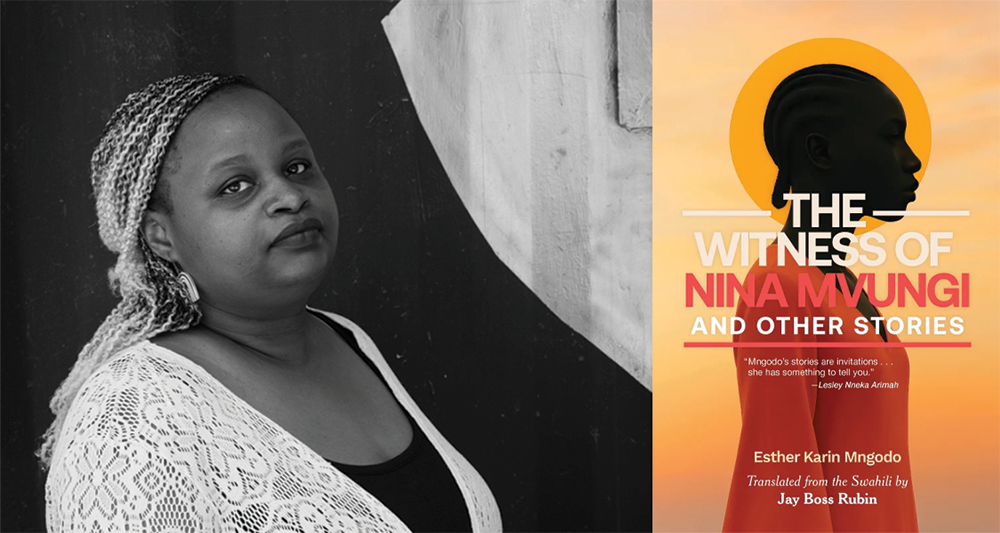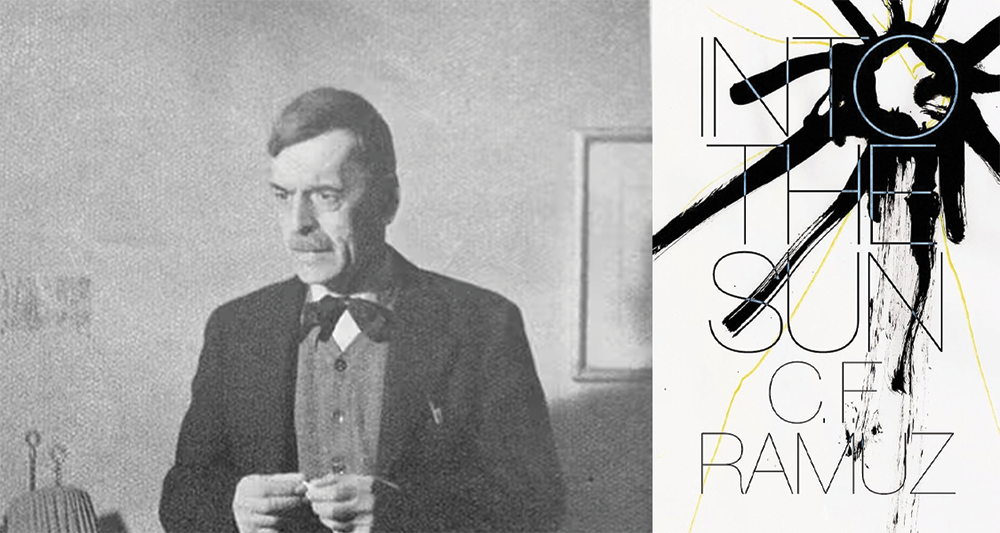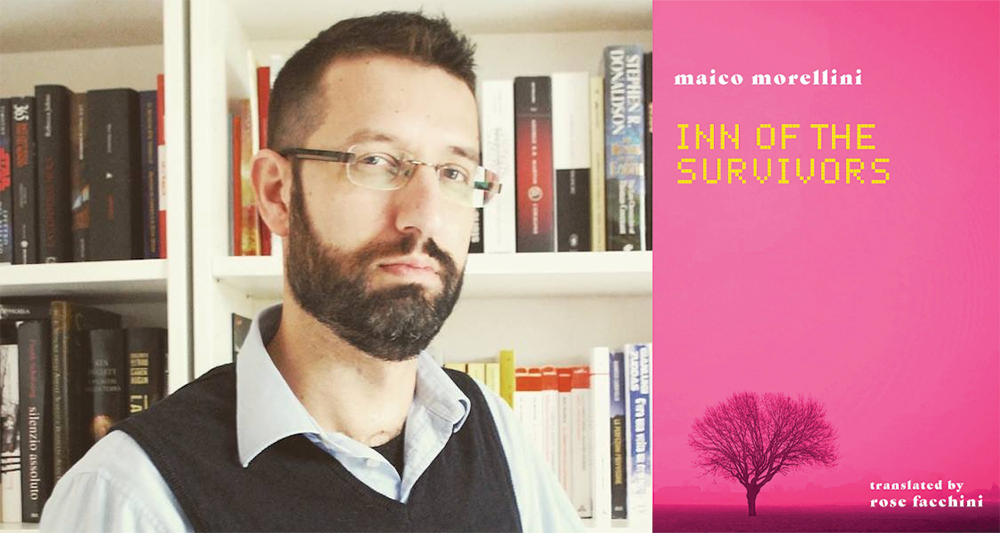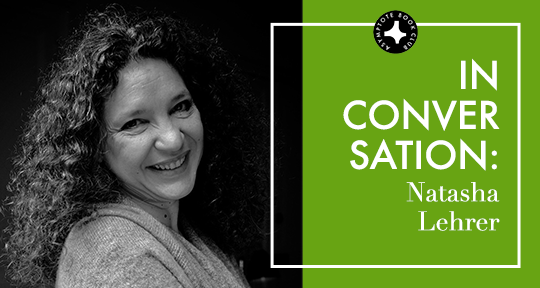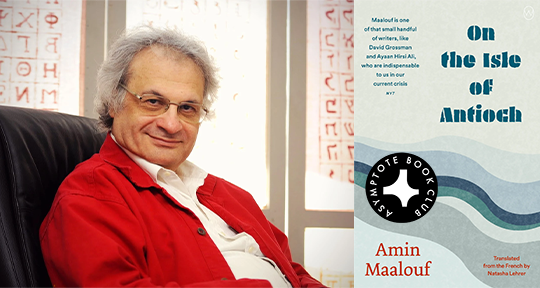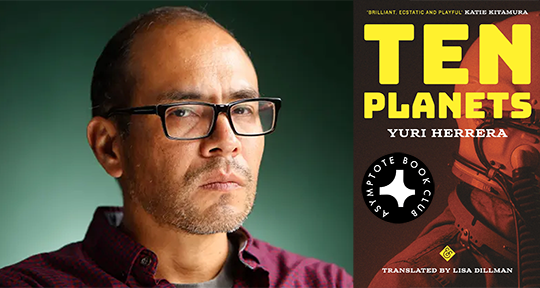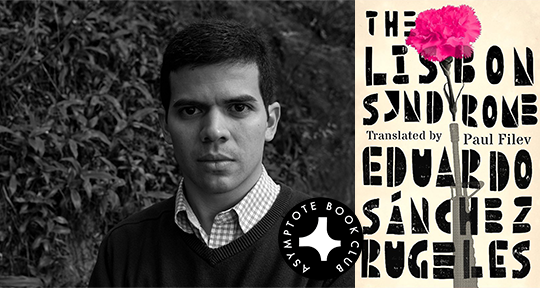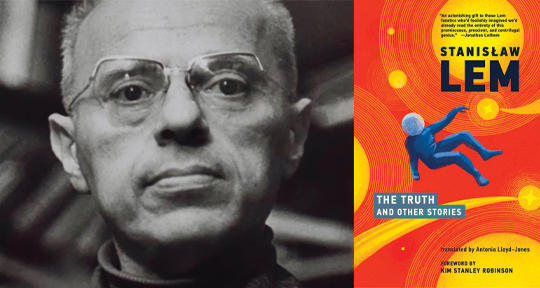In Ten Planets, our February Book Club selection, the acclaimed Yuri Herrera made his short fiction debut in the Anglophone, featuring a myriad of worlds and inventions as seen through the author’s signature wit, playfulness, and fierce intelligence. Through the inspired language of his longtime translator, Lisa Dillman, Herrera elucidates the workings of humanity through a series of sci-fi miniatures, engaging with the philosophical queries of contemporary existence as only the writer can—through imagination. In this following interview, Georgina Fooks speaks with Dillman about the narrative-political, how she navigated Herrera’s neologisms and idiosyncratic style, and how such writing continues to push limits.
The Asymptote Book Club aspires to bring the best in translated fiction every month to readers around the world. You can sign up to receive next month’s selection on our website for as little as USD20 per book; once you’re a member, join our Facebook group for exclusive book club discussions and receive invitations to our members-only Zoom interviews with the author or the translator of each title.
Georgina Fooks (GF): Could you tell us about your relationship with the Spanish language and what brought you to translating it?
Lisa Dillman (LD): I’m sort of the poster child for study abroad programs. I was an undergraduate at the University of California, San Diego when I went to Barcelona for a year and fell in love with Spanish, and also with Catalan—with the creativity and the ludic qualities I found in these languages. I don’t want to essentialize and say that Spanish is a particularly ludic language, but I found the possibilities for play really enticing.
Honestly, I think my entrance into translation was just the result of returning from studying abroad and having very stereotypical experiences of talking to friends who had not gone—telling a joke or something, and them not finding it funny. And that was frustrating: why is this funny in Spanish and you don’t think it’s funny in English? That kind of challenge was something I found infuriating to begin with, and then fruitful afterwards to try to deal with.
I then ended up going to the UK to study translation at Middlesex, under Peter Bush. I had been in a Spanish literature doctoral program, but the US is really bad with translation programs and courses. There are more now, but none that I knew of at the time. In the UK and most other countries, translation is a proper field which you can study—so that’s what I did. I moved to the UK, I did my masters there, then spent subsequent years, you know, translating a short story, sending it to a journal by snail mail, waiting for five or six months to get a rejection letter, sending it out again, and eventually, finally I got somewhere.
GF: When did you first encounter Herrera’s work? And what motivated you to translate him? As you’ve translated all of his novels into English so far.
LD: I have. And I’m actually working right now on the one that came after Ten Planets. I had a friend who was asked to translate an excerpt for Symposia Way, which is the literary magazine of City of Asylum in Pittsburgh. The City of Asylum has writers in residence who are in exile from their home countries, and they were doing a series in which they asked the writers and residents to select one writer they thought deserved attention. Horacio Castellanos Moya selected Herrera.
At the time, it was just a short excerpt of Kingdom Cons, which they published in their magazine, and I was thrilled to do it because it was immediately apparent that Yuri’s style is just so rich and nuanced and does so many different things at the same time. It struck me as incredibly poignant and beautiful, and very different from anything I had read. READ MORE…

